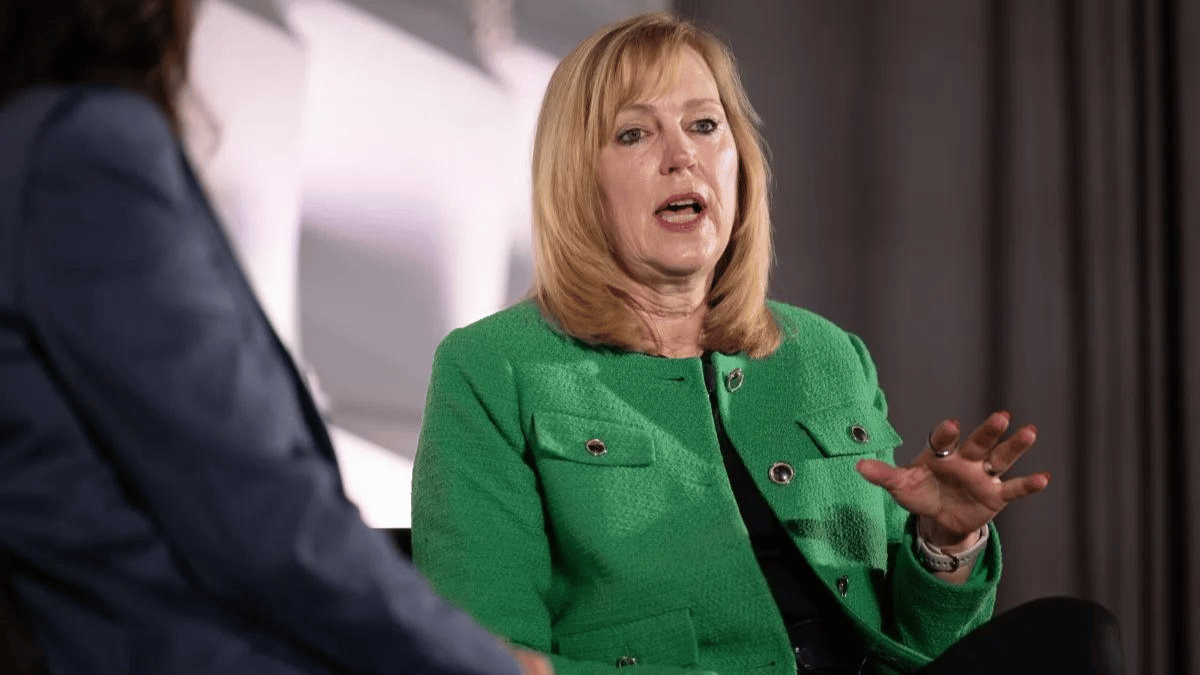Expert describes the needs to be taken into account in aging

As a majority of seniors continue to express an overwhelming preference for aging in their own homes, every decision must be made with a full understanding of a given senior’s needs, capabilities and access to essential services and people.
This was an idea shared by gerontology professor Amanda Leggett of Wayne State University in a podcast produced for Detroit NPR affiliate discussing the risks and benefits of aging.
On an episode of ‘Created Equal’, produced by NPR affiliate WDET, Leggett explained the need to fully understand an individual’s care network – which often includes family members as well as dedicated healthcare professionals – as well as some of the intangibles that may not be fully taken into account in facilitating aging in the society. place.
While a majority of people likely prefer to age in place, an epidemic of loneliness that may be hitting older Americans harder should not be overlooked.
“This is another big concern of older adults that we often don’t take into account when we think about aging, which is that it can be very isolating,” she said. “Especially if someone is not as mobile and is able to go out and enjoy their normal social activities that they might have done before. And this is actually one of the benefits that long-term care facilities can provide.”
However, cost is an important consideration, and Leggett explained that this must be balanced with the reality of what is available to a given individual based on their own resources and the resources of their family.
“Care around aging is extremely expensive, and these are really challenging things for people trying to figure this out [in terms of] what a family can afford,” she said. “What is covered by insurance or not covered by insurance, Medicare and Medicaid. These are really challenging things and care at home, outside the home, long-term care, they’re all incredibly expensive. Trying to balance what is affordable when necessary are huge conversations for families to think about.”
This is when a financial planner can make a difference, she explained. This person can take stock of the senior in question’s assets and help determine a path forward.
“It’s never too early to start thinking about this with a financial planner,” Leggett said. “And make sure we think about that as a family because we’re living longer. And it’s a bit unknown. We don’t have a magic ball that tells us what crises we might face in the future, how long we will live, and we have to plan for all possibilities. And that can be quite difficult financially.”




